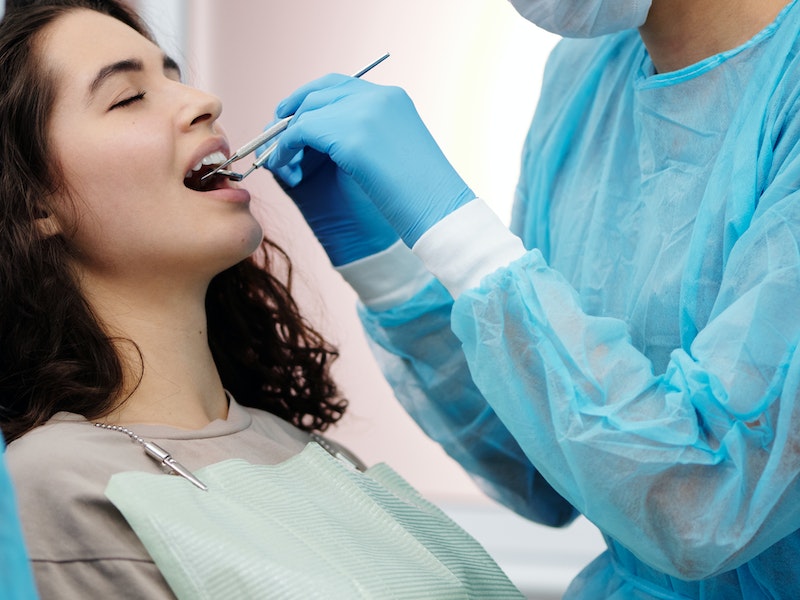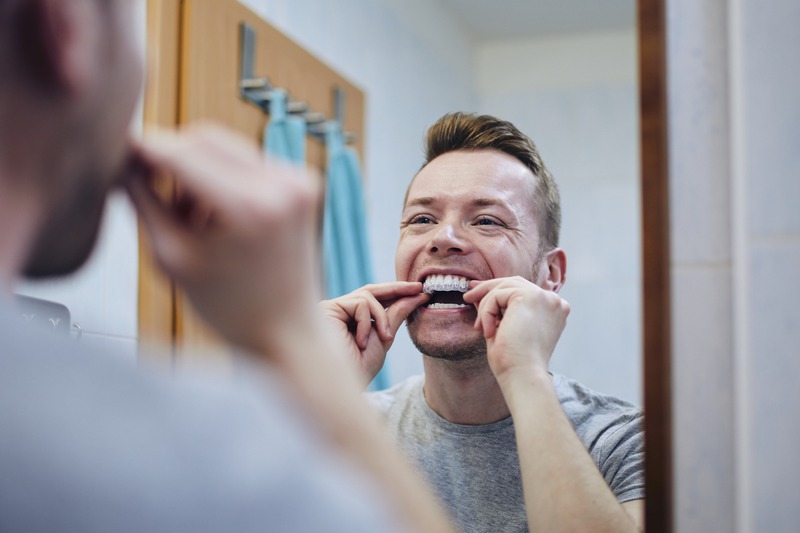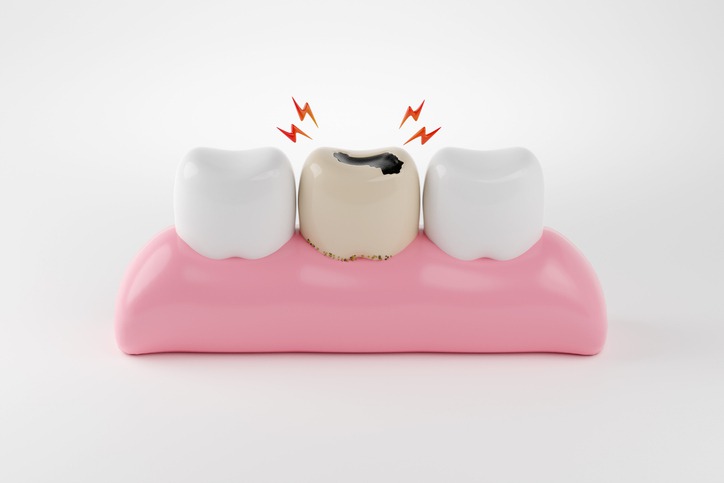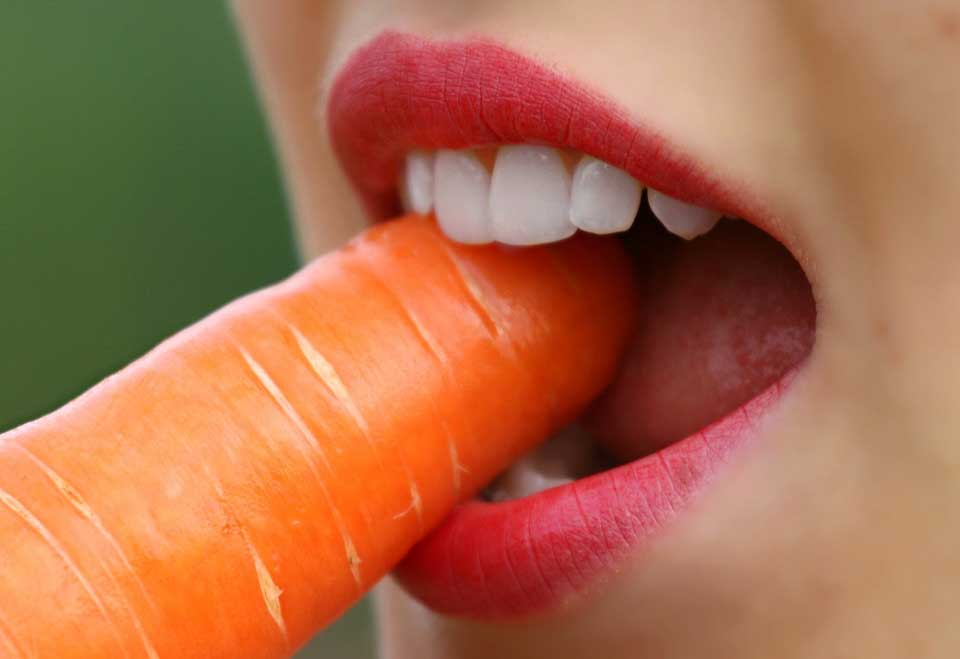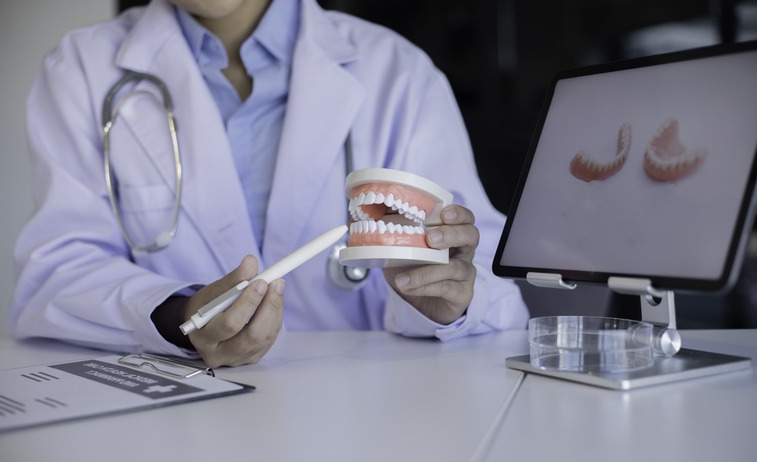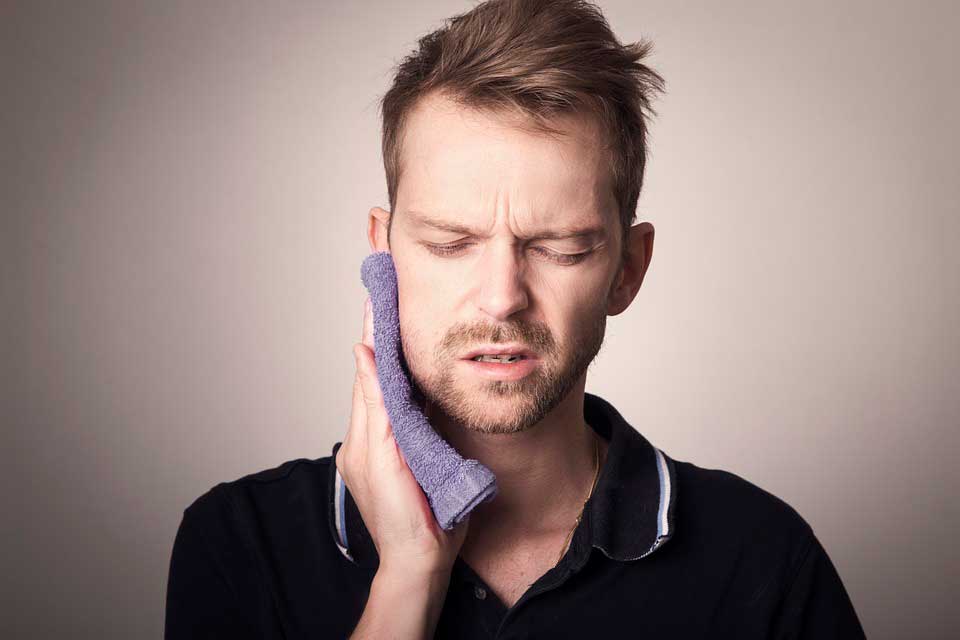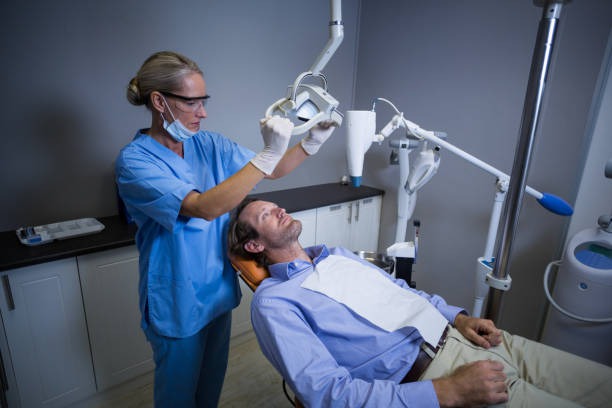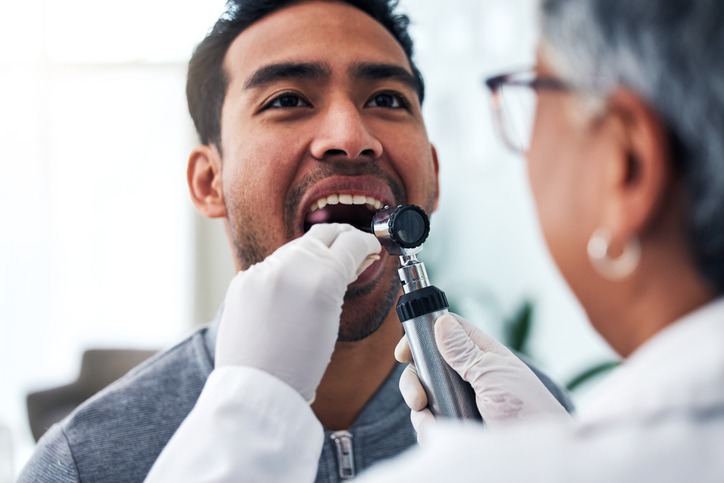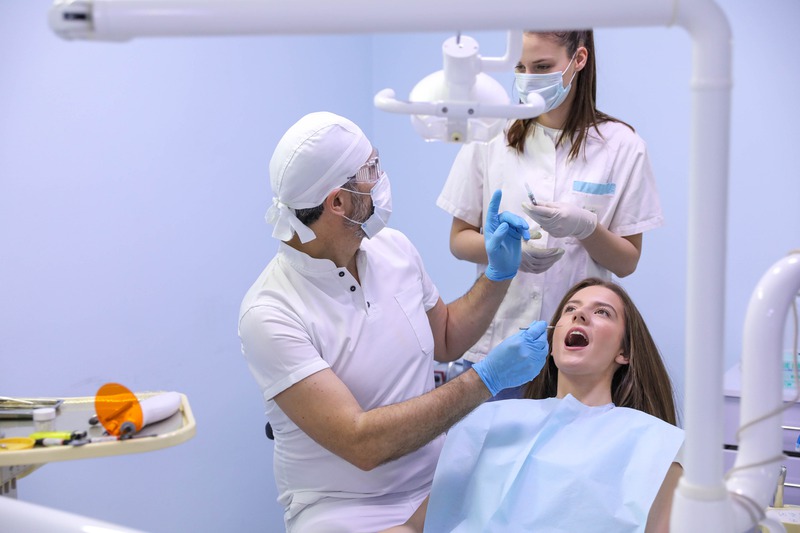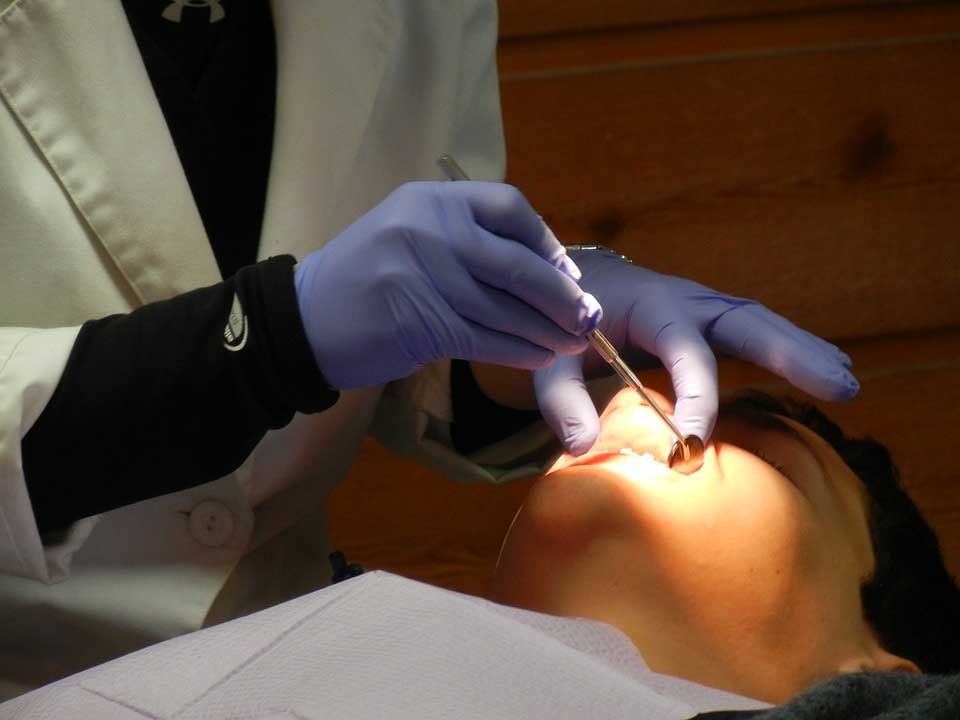
Why Is Brushing Twice a Day Not Enough for Oral Hygiene?
Maintaining good oral hygiene is a cornerstone of overall health, but brushing your teeth twice a day, although important, is only part of a comprehensive oral care routine. Many are under the misconception that this practice alone is sufficient to keep dental issues at bay. However, our mouths are complex ecosystems, and there are several reasons why brushing alone doesn’t cut it. Let’s dive into the why and explore how we can improve our routines to promote optimal oral health.
Comprehensive Oral Hygiene Practices
Caring for your teeth and gums goes beyond the brush. It involves a range of practices that work together to safeguard your oral health.
-
Interdental Cleaning: Brushing often misses the spaces between teeth where food particles can get trapped, leading to plaque build-up and potential gum disease.
-
Tongue Scraping: Bacteria can also reside on the tongue’s surface, contributing to bad breath and other oral health issues.
-
Diet Considerations: Consuming sugary and acidic foods and beverages can erode enamel and promote decay, negating the effects of diligent brushing.
Oral Hygiene Goes Beyond the Toothbrush
With a deeper look into our daily habits and the intricacies of our dental needs, it’s clear that oral hygiene requires a multifaceted approach.
-
Routine Dental Checkups: Regular visits to your dentist catch potential issues early and provide professional cleaning services you can’t achieve at home.
-
Orthodontic and Periodontal Care: For those with braces or specific gum conditions, specialized care is necessary to prevent complications.
-
Preventative Measures: Sealants and fluoride treatments are examples of preventive dentistry that can reduce the risk of decay and strengthen teeth.
Brushing Falls Short in Preventing Oral Disease
Oral diseases, such as gum disease and cavities, develop due to a combination of factors, including genetics, lifestyle, and the adequacy of your oral hygiene regimen.
-
Plaque Development: Brushing alone can’t remove all the plaque, especially below the gum line, leading to tartar build-up and potential infections.
-
Identifying Dental Problems: Only a dental professional can spot and adequately treat common problems like cavities and cracks that may go unnoticed at home.
-
Oral Cancer Screening: Regular dental checkups can also involve screenings for oral cancer, which are crucial for early detection.
Preventive Dentistry
Preventive dentistry is all about stopping issues before they start, something that brushing alone can’t fully address.
-
Educational Services: A dentist will teach proper dental habits, such as the right way to brush and floss, tailored to each individual’s needs.
-
Protective Treatments: From fluoride treatments to dental sealants, these services are designed to fortify your teeth against decay and erosion.
-
Early Intervention: Preventive care aims to nip potential issues in the bud, dramatically reducing future restorative costs and discomfort.
Professional Dental Cleaning
Even with the most thorough brushing, there are areas of the mouth that a toothbrush can’t reach. Professional dental cleaning services are essential for removing stubborn tartar and polishing your teeth for a smooth, clean feel that brushing alone won’t achieve.
It’s recommended to see a dentist at least twice a year for checkups and cleanings. These visits are more than just a cursory look; they provide a deep clean and close examination of your oral health.
-
Proficient Plaque Removal: Dental hygienists have the tools and expertise to remove plaque and tartar that regular brushing can’t tackle.
-
Disease Prevention: Regular checkups help prevent oral diseases by addressing issues early, saving you from complicated procedures later.
-
Dental X-Rays: Imaging can reveal hidden issues such as impacted teeth, bone decay, or cysts that aren’t visible to the naked eye.
Dental Care for Adults and Children
Dental care varies across different ages and life stages. Children require pediatric dentistry, which focuses on the unique needs of developing teeth and gums, while adults may need more restorative care as they age. The condition of your mouth can reflect and affect your general health. For instance, there’s evidence that heart disease and oral health are linked.
Ensuring a robust oral hygiene routine and regular dental visits are therefore essential for maintaining not just oral health but overall well-being. Finding a reliable dentist in your area, like a dentist in Saskatoon, SK is a crucial step in upholding the importance of dental care. They provide comprehensive dental services, which not only maintain the aesthetics of your smile but also protect against health issues that can extend beyond your mouth.
Dental Services
The dental industry offers a variety of treatments and services tailored to individual needs, which brushing and home care cannot replace.
-
Cosmetic Dentistry: Services like teeth whitening and veneers improve the appearance of your smile, boosting confidence and self-esteem.
-
Orthodontic Care: Braces and aligners help correct misaligned teeth, improving bite function and oral health.
-
Periodontal Care: Specialized treatments fight gum disease and protect the supporting structures of your teeth.
-
Dental Implants: A service like dental implants is a prime example of advanced dental technology’s role in restoring missing teeth and functionality and preserving the jawbone, something brushing could never accomplish on its own.
Home Dental Care Tips
Your home care routine sets the foundation for a healthy mouth. In addition to brushing and flossing, here are some tips to reinforce your dental defenses:
-
Mouthwash: Incorporate an antimicrobial mouthwash to help fight bacteria and reach areas that brushing might miss.
-
Sugar Discipline: Reduce your intake of sugary snacks and drinks, as they contribute to tooth decay.
-
Hydration: Drink plenty of water to keep your mouth moist and encourage the production of saliva, which naturally cleanses your teeth and gums.
Wrapping Up
While brushing your teeth twice a day is a vital part of maintaining oral hygiene, it’s clear that it’s a partial story. Taking a comprehensive approach to oral care, which includes regular dental visits, a varied oral hygiene regimen, and preventive measures, will ensure that your teeth and gums stay healthy for years to come. Remember, oral health is a window into your overall health, so don’t treat it as an afterthought—treat it as a priority.




